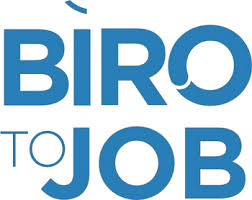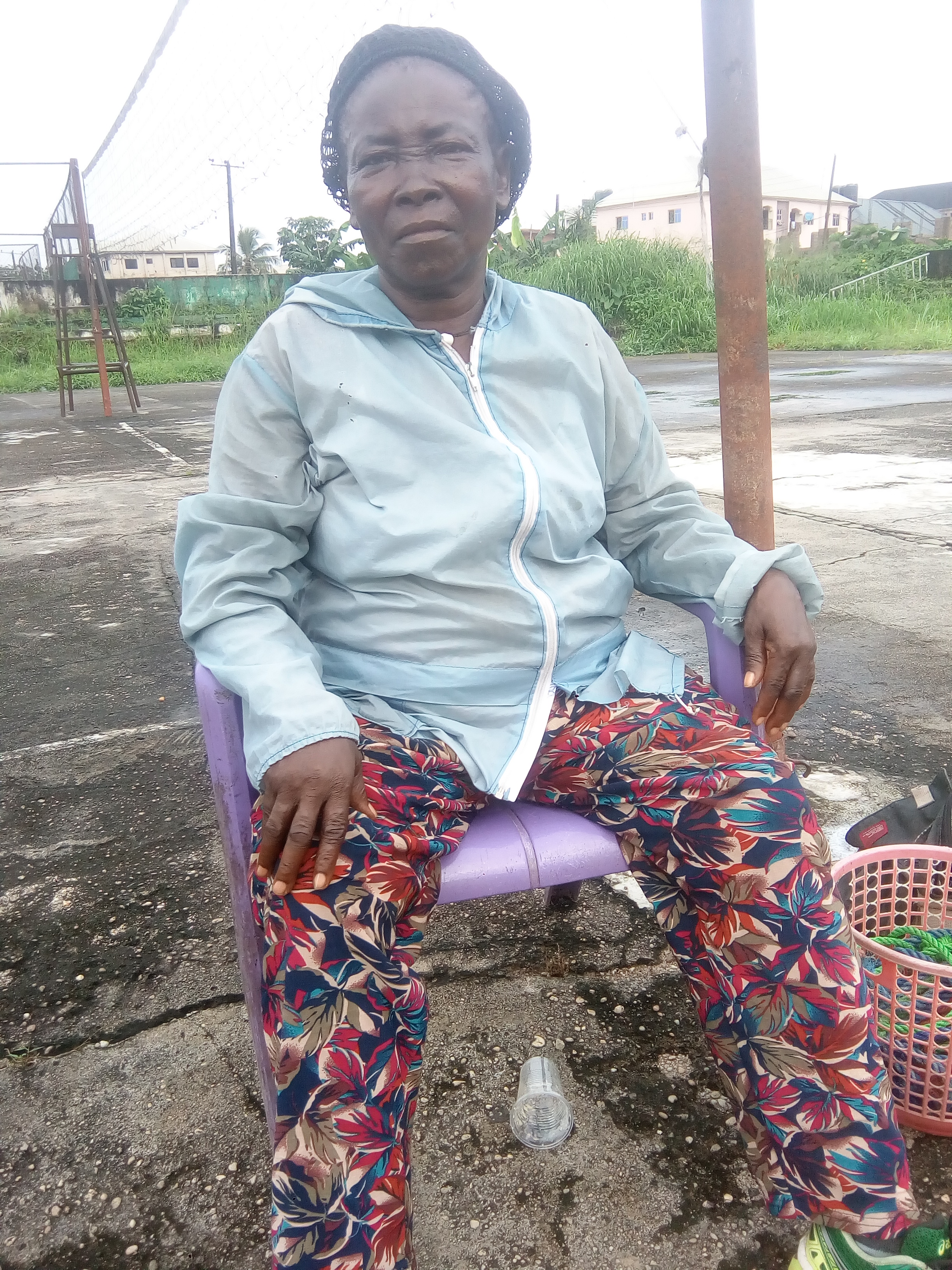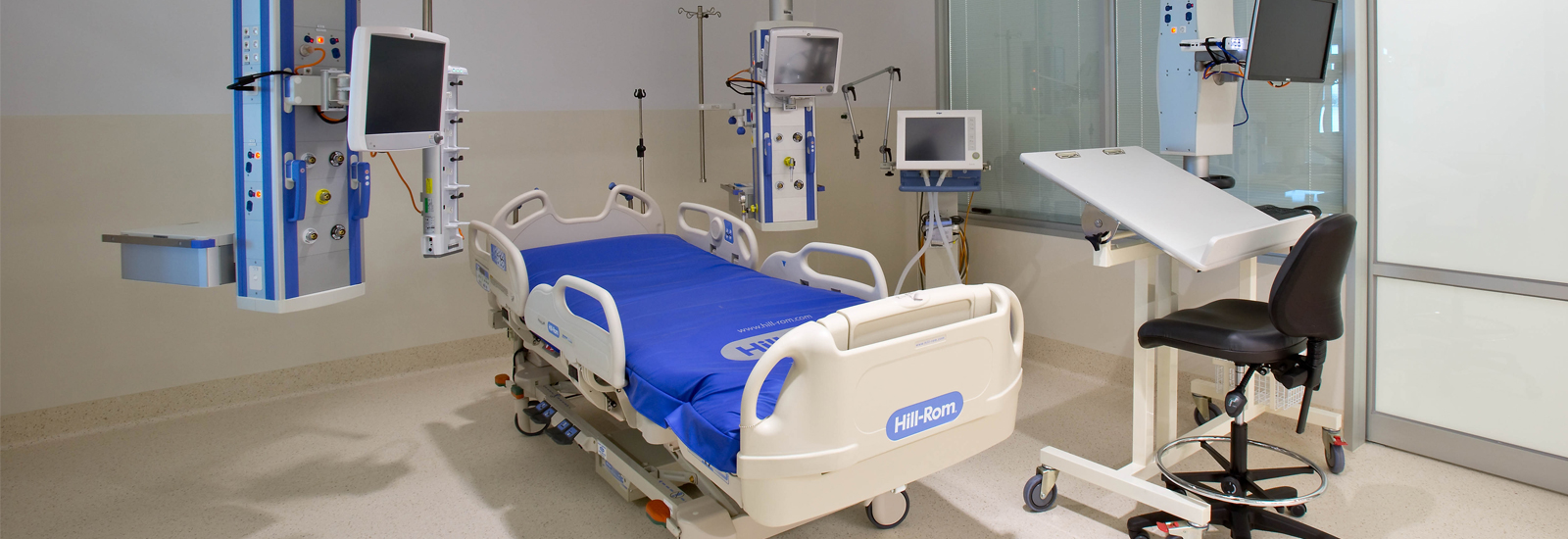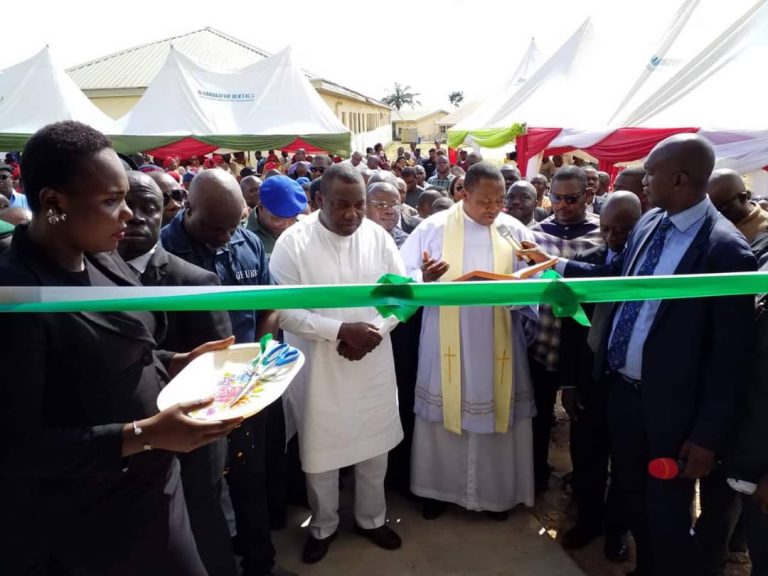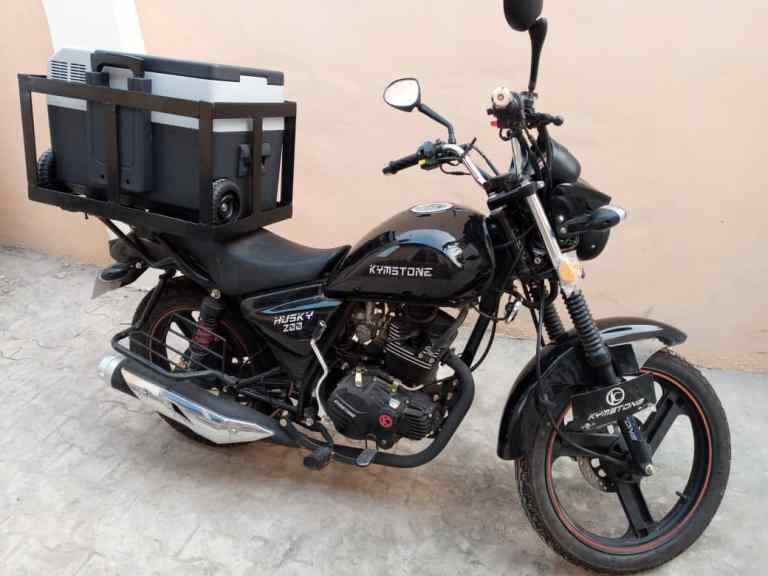
A company, Food Doctors Nigeria Limited (FDNL), says it has invented a “cold bike” to aide safe transportation and distribution of vaccines in Nigeria. The Team Lead of FDNL, Mr Awesu Joseph, disclosed thIs in an interview with the News Agency of Nigeria (NAN) on Thursday in Lagos.
Joseph, a food safety consultant, said the invention was inspired by the need for a sustainable cold chain system that would ensure safe and speedy delivery of temperatur-sensitive goods, such as vaccines. He said the aim of the invention was to solve cold chain logistics problem in Nigeria. “We started a fruit break initiative where we supply fruit salad to four schools in Ibadan. “We needed safe and speedy delivery, and to deliver the fruits before 10:00 a.m. daily, at three to one degrees Celsius. “Temperature is critical to food safety; we searched online but couldn’t find a solution. “So we decided to design a cold bike which will find application across the food, agriculture and vaccine value chain,” he said. Joseph explained that cold chain logistics was expensive in Nigeria, particularly as the major players focused more on pharmaceutical products. He said vaccine potency was subject to cold chain logistics and unavailability of dry ice in the North-East region, rural and riverine communities posed a challenge to the success of vaccination programmes. “Cold bike has cooling capacity of minus 22°C; it comes with a temperature data logger which is used for cold trace
“The cooling capacity can be charged using direct current (DC) battery charger. It also comes with an extra charger. “The cooler is detachable and can be connected to any kind of energy source such as 54 watts and 12 by 24 DC. “It has a Global Positioning System (GPS) tracker for real time tracking of the bike,” he said. Joseph said that the bike could be used to transport the Pfizer BioNTech COVID-19 vaccine at the recommended temperature to the remote areas of the country. He said apart from the vaccines distribution, it would also help in data collection, monitoring and evaluation of effectiveness as well as patients’ details.
VANGUARD




